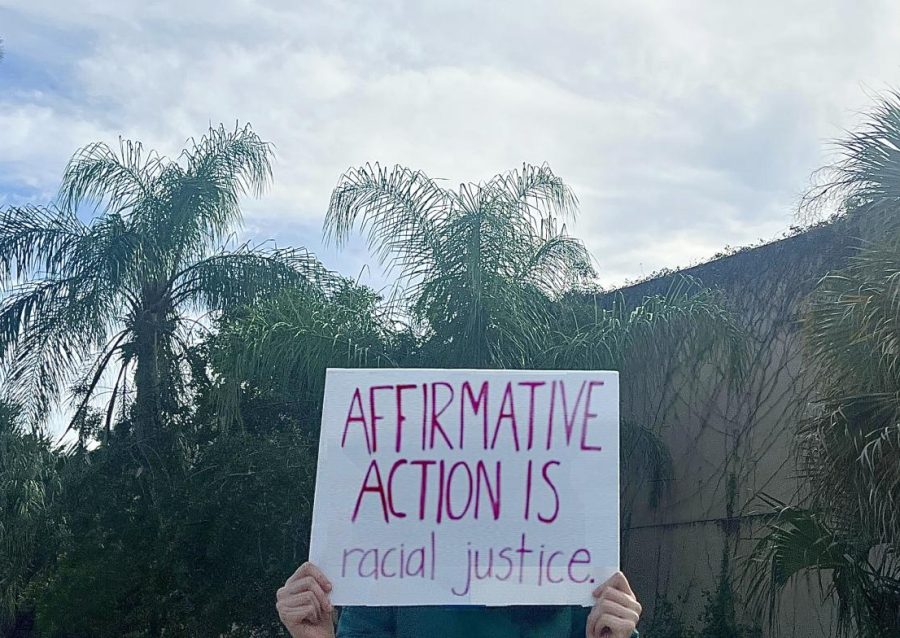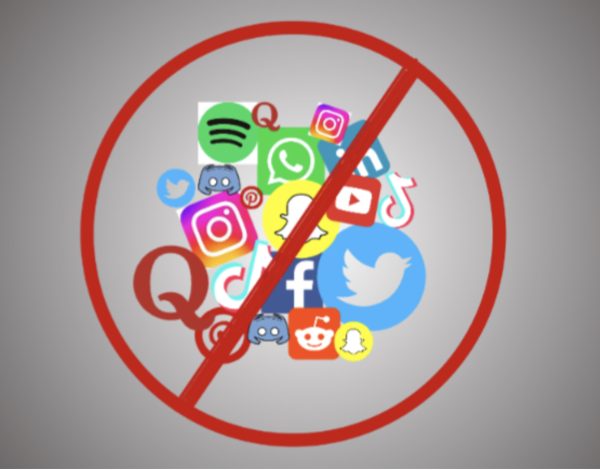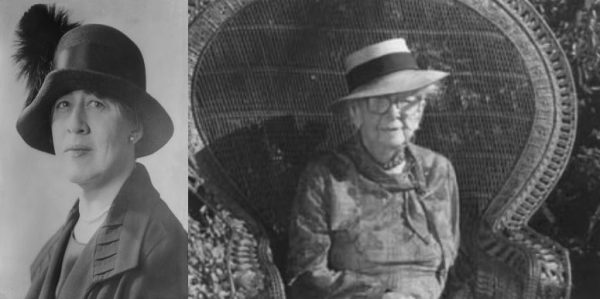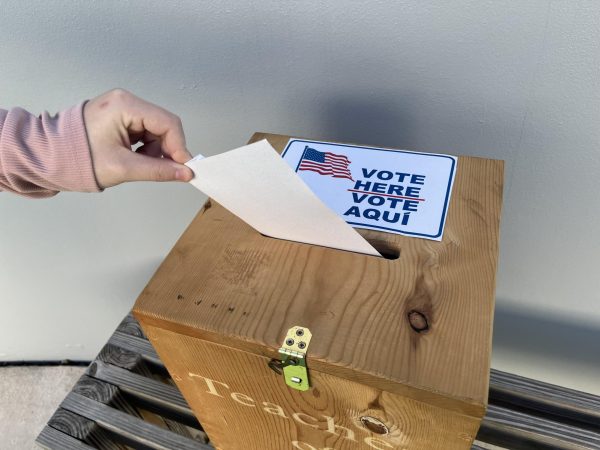Supreme Court weighs Affirmative Action
Student holds up poster in protest of Affirmative Action’s possible repeal.
The Supreme Court was set to hear two cases [Students for Fair Admissions v. President and Fellows of Harvard and Student for Fair Admissions v. University of North Carolina] on affirmative action [race-conscious admission policies] in college admissions on Oct. 31. The Supreme Court is likely to repeal affirmative action, and universities will no longer be able to consider race as a factor for admission.
In the 1960s and 70s, colleges began using affirmative action giving more access to racial minorities.The first lawsuit heard by the Supreme Court was University of California Davis and Regents of Univ. of Cal. v. Bakke. According to AmericanBarAssociation.org, Allan Bakke, a white man, was denied admission to the UC Davis’ medical school. UC Davis set aside 16 of 100 seats for students identified as “economically or educationally disadvantaged”. The Supreme Court ruled in favor of UC Davis under the Equal Protection Clause of the 14th Amendment.
“Diversity is a necessary thing. It has to be implemented because if a college is all one race, then you’re not including other races or ethnicities,” Anthony Abisso, junior, said. “We would be backtracking to times when ethnicity inclusion wasn’t focused on.”
Those opposed to affirmative action make the argument, educational diversity can be achieved without taking race into consideration and there must be a point where colleges stop making decisions based on race.
“As a Hispanic born from immigrant parents, it’s important they take race into consideration,” Daniel Aguirre, junior, said.
The lawsuit against Harvard and UNC was filed in 2014 by SFFA, formed by Edward Blum. According to SCOTUSblog.com, SFFA tells the justices Grutter v. Bollinger has led to “significant negative consequences”. In 2003, the Supreme Court ruled in Grutter v. Bollinger, universities can consider race in admissions to create more diversity on their campus.
“Going to a predominately white school and having to work twice as hard for my education, I believe that affirmative action should be taken into consideration,” Sabrina Norzea, junior, said.
With the Supreme Court predicted to rule against past precedents, many differing voices of students are being heard on how they want to see their admissions process play out.
“It’s unfortunate because many of those people who got into competitive schools due to affirmative action are great students who overcame real adversity and deserve a great education,” Rainey Hicks, senior, said. “But it’s still not fair to discriminate against other applicants with even better applications based purely on their race.”











